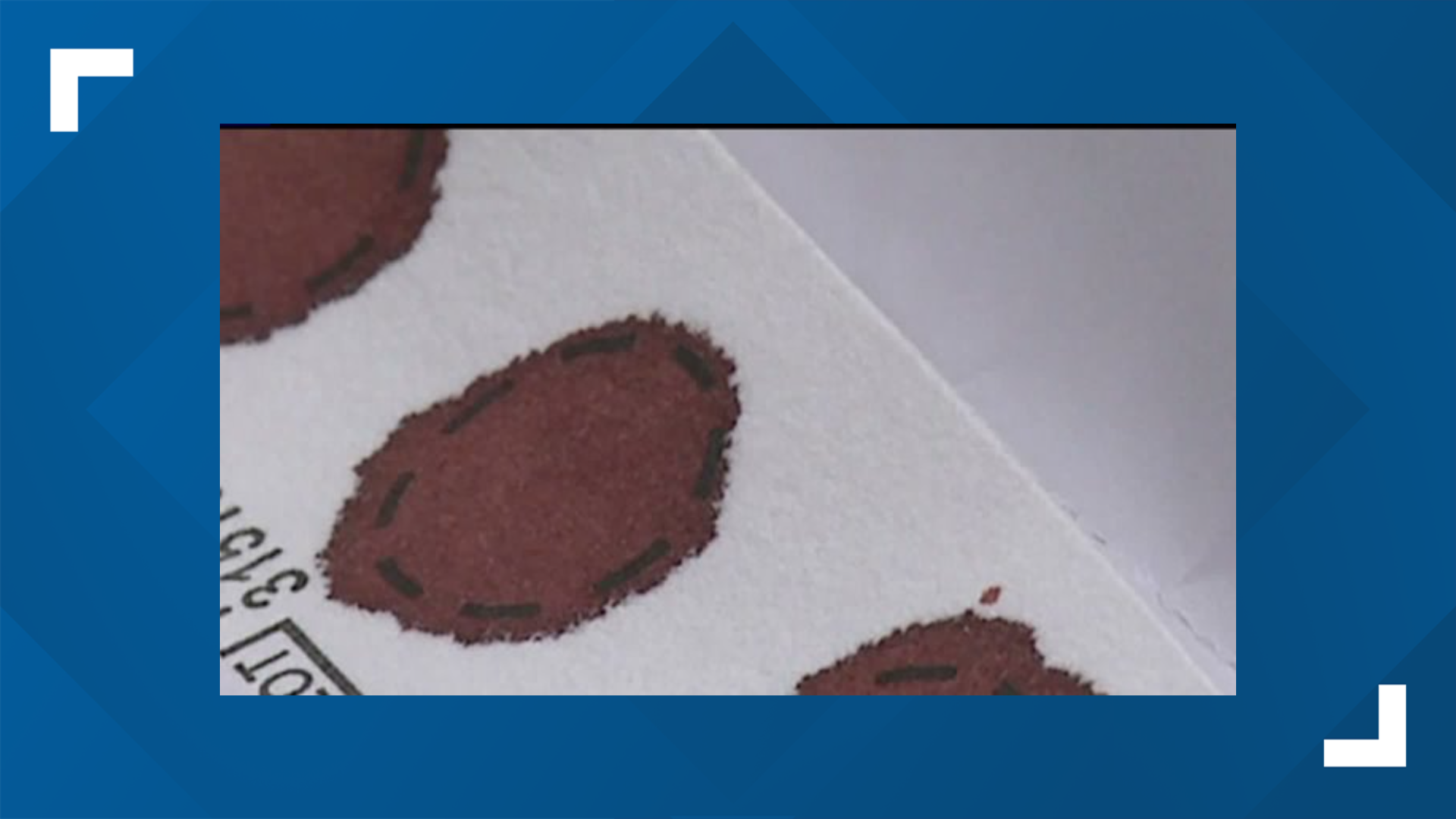The heel prick test that all newborns get, allows doctors to test for serious medical conditions -- a range of metabolic and biochemical conditions. Some are required by law.
But the state holds that blood after the test, storing the blood and DNA in a state database. And some advocates point out, the amount of time they keep that information for is up to to them -- it's not determined by lawmakers or voters.
"Anytime the government is collecting data about us, it's really important to restrict the ways in which its used," says Andy Hoover, legislative director at the PA chapter of the ACLU.
At Hershey Medical Center, Dr. Cheston Berlin says the newborn blood tests are invaluable. If some conditions go undetected, they can cause irreversible harm.
"Parents are always informed, they're given a brochure about what the test is for, with regard to the law there are six tests in Pennsylvania that are mandated," says Dr. Berlin.
He says the research is also crucial.
"Many of these samples have been what's known as de-identified so you cannot tell who the sample belonged to but it's a very good way of figuring out, for example the prevalence of a condition," says Dr. Berlin.
But parents we spoke with say they didn't realize the blood samples are kept for research in labs. Some states keep them indefinitely; PA keeps them for 8 months, which will be increased to one year, starting in July 2015.
The practice of holding onto babies' DNA has been criticized in some parts of the country. The DNA in the blood samples reveals more than 1,000 characteristics about a child's biological makeup.
"The concerns are completely valid and whenever the government wants to collect this kind of information, it's important that patents are aware of what exactly is going on an what they're doing," says Hoover.
The Department of Health says officials are increasing the time the blood tests are held based on a recommendation from the DOH Technical Advisory Board. The ACLU points out that a change like this shows-- they don't need permission to do it. In the future officials could decide to keep the DNA samples longer.
The DOH declined to do an interview about the issue.
In an email, a DOH spokesman says parents can opt out of some of the blood tests for religious reasons, adding "We don’t record the number of opt outs. The timing change was due to the DOH Technical Advisory Board’s recommendation.
The Department is committed to ensuring the health and wellness of families across the commonwealth. Screening newborns for potential illnesses is an important part of helping families better understand the needs of their child."
Privacy advocates say, the amount of time the babies' blood is kept should be restricted. Genetic information can be valuable for a number of reasons, like for insurance purposes or law enforcement.
"You take evidence from a crime scene and now you have a pool of people who are basically permanent suspects," says Hoover. "That's not what we're talking about here, but it's very easy to take this infrastructure and make it that type of program."

